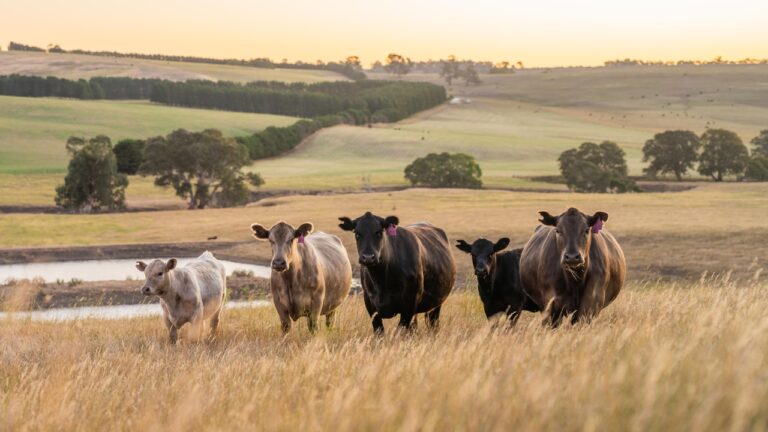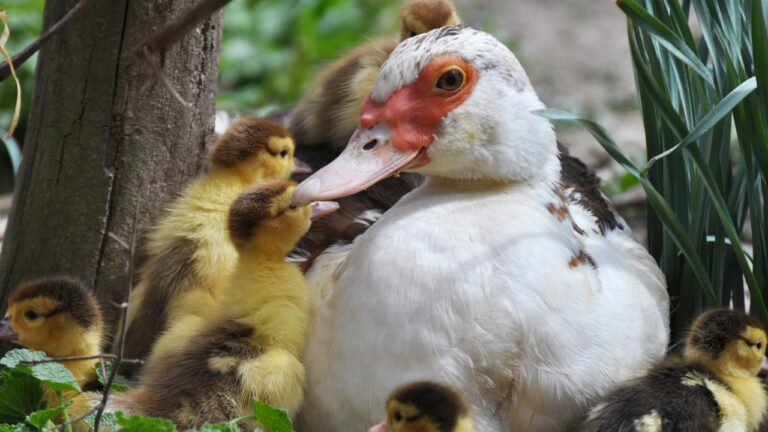10 pets that actually make sense on rural property
Living in the country opens the door to animals you might not consider in town. The best rural pets are those that can enjoy wide-open spaces, adapt to being around other animals, and provide companionship without becoming a nuisance.
Many can also contribute in small ways, from pest control to protection. Whether you’re looking for an animal to work alongside you or simply keep you company, these options tend to thrive in rural settings.
Dogs

Dogs are a staple in rural life, whether they’re herding, guarding, hunting, or simply keeping you company. Breeds like Border Collies, Labrador Retrievers, and Great Pyrenees adapt well to open spaces and active lifestyles. With room to run and a clear role, they stay engaged and well-behaved. Rural areas also make it easier to train and work dogs without the restrictions common in town.
Cats
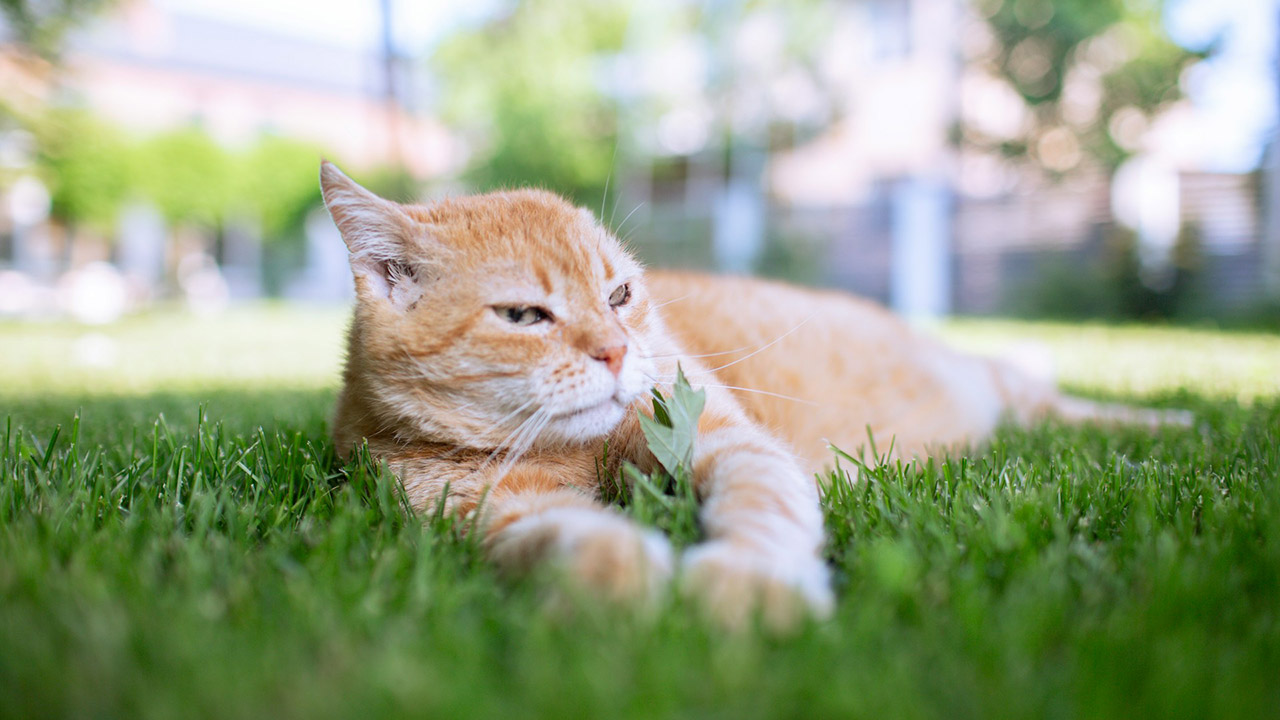
Cats fit naturally into rural life, especially barn cats that help control rodents. They’re independent enough to roam but still enjoy human interaction. Well-fed, healthy cats will stick around your property and work as an organic pest control system. In rural settings, they have more opportunities to hunt and explore without the dangers of heavy traffic.
Horses

Horses have a place in rural living for riding, working, or simply enjoying the pasture. They need more land and care than smaller animals, but in the country, space and grazing are often easier to come by. A calm, well-trained horse can be a reliable partner for trail rides, farm chores, or competitive events.
Goats
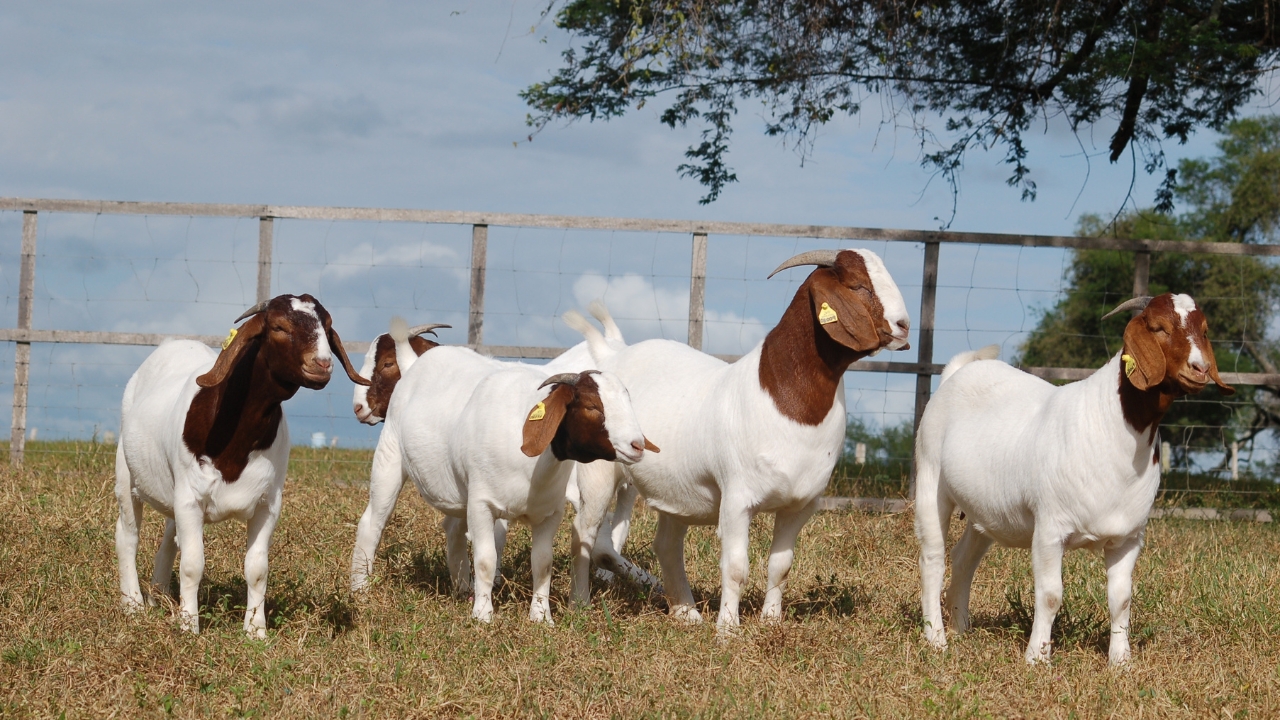
Goats adapt well to rural properties and can serve as both pets and working animals. They’re social, curious, and capable of keeping brush under control. Smaller breeds like Nigerian Dwarfs can double as milk producers. In rural settings, they have more room to roam and browse, which keeps them healthier and happier.
Chickens

Chickens are practical and enjoyable pets for rural life. They provide fresh eggs and natural pest control while being easy to care for. With a secure coop and room to roam, they’ll thrive and contribute to your homestead’s productivity. Many breeds are friendly enough to interact with regularly, making them more than just livestock.
Ducks

Ducks bring personality to rural properties and are great at controlling garden pests. They enjoy having access to ponds or small water sources but can adapt to kiddie pools for bathing. Many breeds lay eggs that are larger and richer than chicken eggs. Rural life gives them more space to forage and explore safely.
Guinea Fowl

Guinea fowl are noisy but effective pest controllers, especially for ticks. They do best in rural areas where noise isn’t an issue. They’ll roam your property during the day and return to roost at night, all while keeping insect populations down.
Rabbits
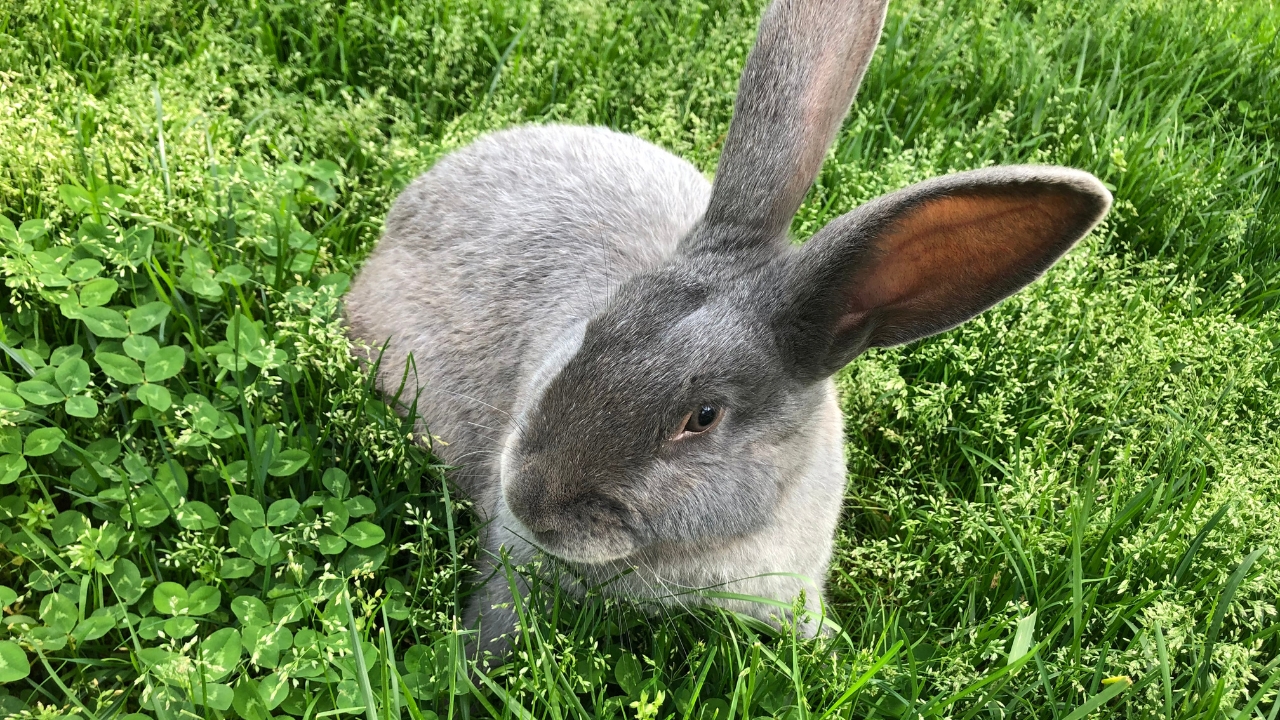
Rabbits can live happily in rural settings with hutches, runs, or even secure colony setups. They’re quiet, easy to feed, and can be raised for companionship, meat, or fiber. In the country, you can give them more space while still keeping them safe from predators.
Alpacas
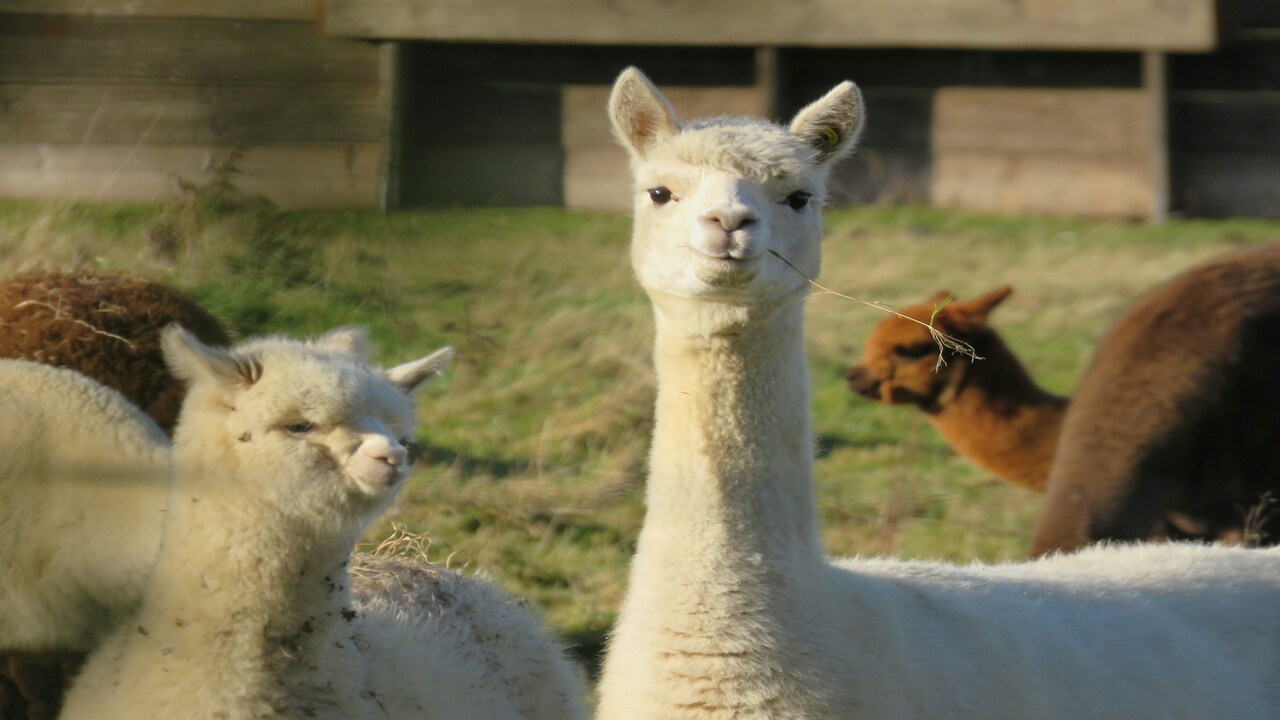
Alpacas are calm, gentle animals that fit well into rural life. They require pasture, secure fencing, and basic shelter, but they’re relatively low-maintenance. They can be kept for companionship or fiber production and often coexist peacefully with other livestock.
Donkeys

Donkeys are steady, personable animals that do well in rural environments. They can serve as guard animals for smaller livestock, light work animals, or simply as pasture companions. With adequate space, shelter, and feed, they’re a long-lived and valuable addition to a rural property.
*This article was developed with AI-powered tools and has been carefully reviewed by our editors.


